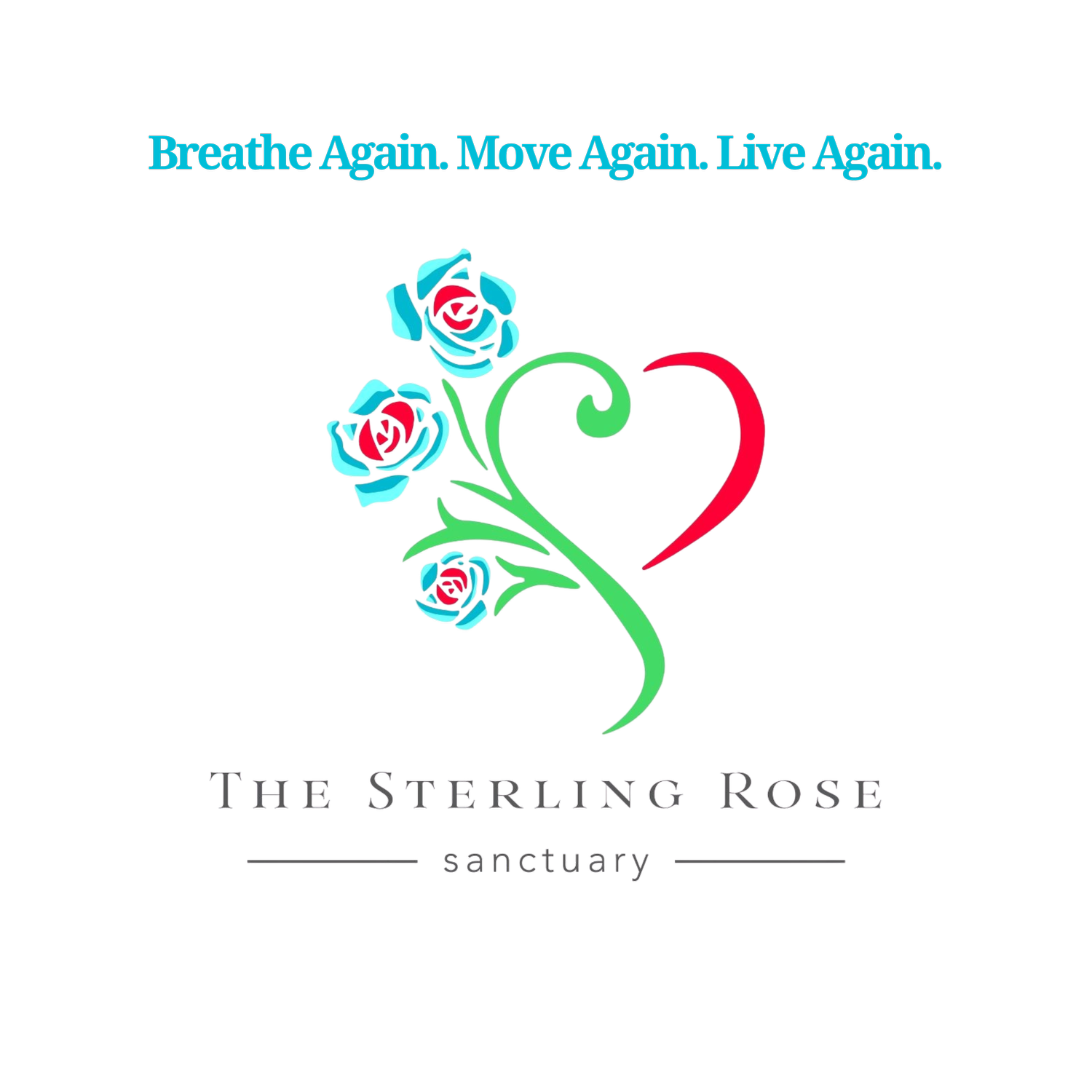Different Types of Grief
Grief is a natural process that everyone experiences. It is the emotional reaction to loss or trauma, and it can be caused by anything from the death of a loved one to losing a job or even the end of a relationship. Each person’s experience of grief is unique, but there are some common types of grief that many people experience at some point in their life.
Anticipatory Grief
Anticipatory grief is experienced in anticipation of an inevitable loss, such as a terminal illness. It occurs when a person is aware that a painful loss is coming, and they begin to grieve before the loss actually happens. This type of grief can be particularly difficult to process because it is not connected to a concrete event, but instead a looming sense of impending loss.
Complicated Grief
Complicated grief is an intense and prolonged form of grief that does not follow the typical bereavement process. People experiencing complicated grief often find it hard to accept the loss and may have difficulty expressing their emotions. They may also feel overwhelmed by the intensity of their grief and experience symptoms such as depression, anxiety, and even physical ailments.
Disenfranchised Grief
Disenfranchised grief is experienced when a person feels unable to publicly acknowledge or express the grief that they are feeling. This type of grief is often experienced by people who may not feel supported or accepted in their grief, such as individuals who have lost a loved one to suicide.
Traumatic Grief
Traumatic grief is experienced when a person’s loss is accompanied by a traumatic event, such as a sudden death or a violent act. This type of grief can be intense, and people may find themselves struggling to cope with the emotional, physical, and psychological trauma associated with the event.
Collective Grief
Collective grief is the shared experience of grief among a group of people and is often seen in response to major tragedies or disasters. This type of grief can be beneficial for individuals because it can provide a sense of community and support. It can also have a positive impact on the healing process by providing a platform for people to share their stories and experiences.
No matter what type of grief you’re experiencing, it’s important to remember that you don’t have to go through it alone. Seek out support from friends, family, and professionals who can help you through the process.

